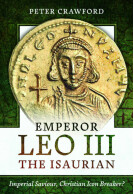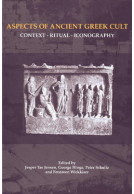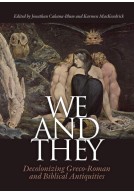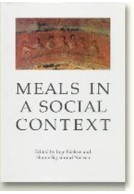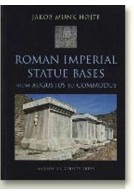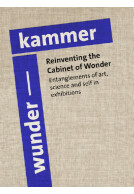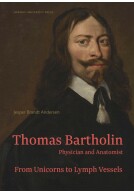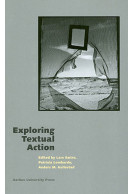Google Books previews are unavailable because you have chosen to turn off third party cookies for enhanced content. Visit our cookies page to review your cookie settings.
Greek Romans & Roman Greeks (Hardback)
Studies in Cultural Interaction
Imprint: Aarhus University Press
Series: Aarhus Studies in Mediterranean Antiquity
Pages: 287
Illustrations: illus
ISBN: 9788772887968
Published: 31st March 2002
Script Academic & Professional
Series: Aarhus Studies in Mediterranean Antiquity
Pages: 287
Illustrations: illus
ISBN: 9788772887968
Published: 31st March 2002
Script Academic & Professional
You'll be £22.95 closer to your next £10.00 credit when you purchase Greek Romans & Roman Greeks. What's this?
+£4.99 UK Delivery or free UK delivery if order is over £40
(click here for international delivery rates)
Need a currency converter? Check XE.com for live rates
(click here for international delivery rates)
Need a currency converter? Check XE.com for live rates
In its first three centuries the Roman Empire expanded politically at the same time as Greek culture was enjoying its heyday. This not only created tensions but also many productive impulses, which were mirrored in different branches of cultural life. In this collection of papers an assembled team of international scholars from the fields of philosophy, history of ideas, literature, epigraphy, archaeology and history explores the intercultural aspects of that thriving period. Lisa Nevett's paper "Continuity and change in Greek households under Roman rule - the role of women in the domestic context" looks at the extent to which individual households and especially attitudes to women changed under Roman control. her evidence of patterns of social behaviour is archaeological and she concludes that a relaxation of restrictions on women took place from the later Hellenistic period onwards and therefore was a development which had begun prior to the arrival of the Romans. Paolo Desideri surveys Greek historiographical literature of the second century AD to find a key to Greek mentality and political ideology in the late Roman Empire. The Greeks did not have to give up their civilisation and identity; Appian and Cassius Dio even created the idea of a Hellenistic rather than a Roman Empire. Philip Stadter in "Plutarch's Lives and their Roman Readers" argues that Plutarch in "Lives is counselling the elite class of the Roman Empire, and that Tiberius Gracchus in particular would have provided a useful lesson, e.g. for the emperor Hadrian. Ewen Bowie explores the literary tales of Hadrian in Latin and particularly Greek poetry, including ancient sources for his preferences, his own compositions and some of the poems composed by the friends of ministers. Hadrian seems to have preferred Antimaches over Homer, admired Archilochus, Parthenius and short polymetric compositions.
Customers who bought this title also bought...
Other titles in the series...
Other titles in Aarhus University Press...









